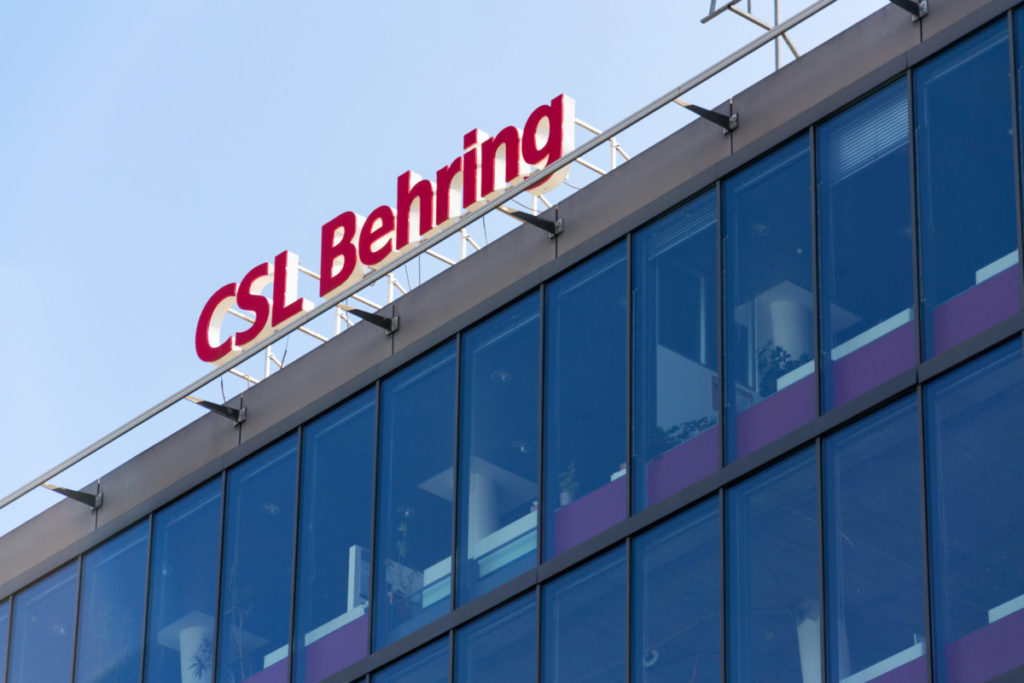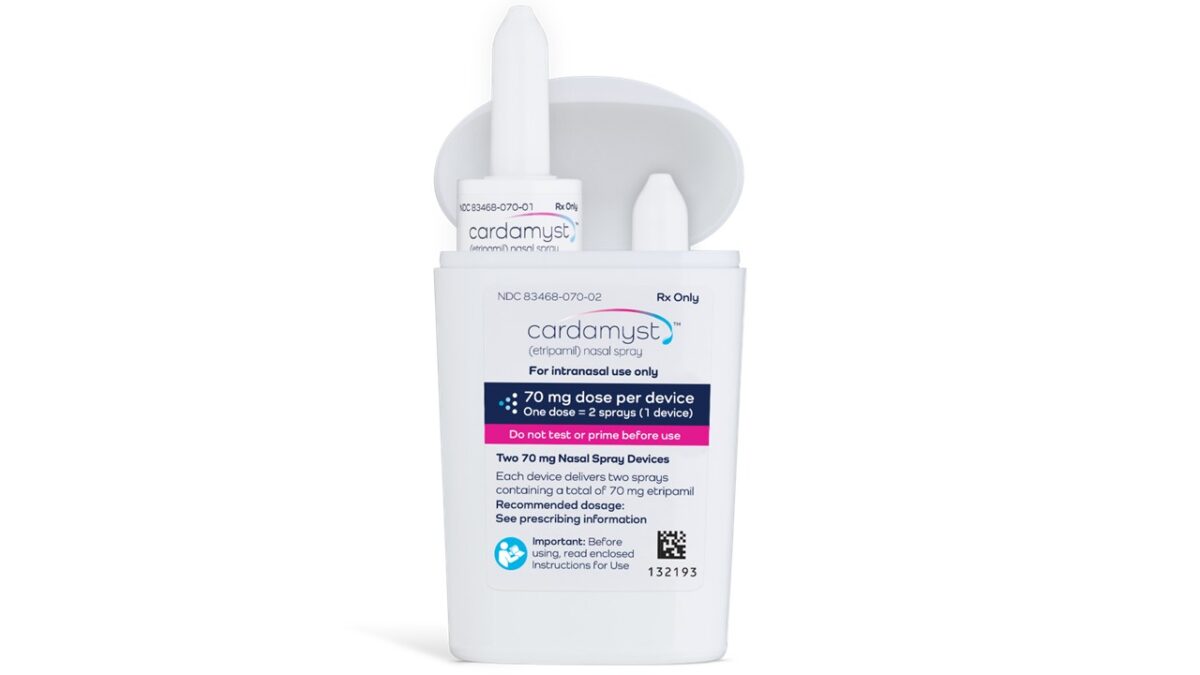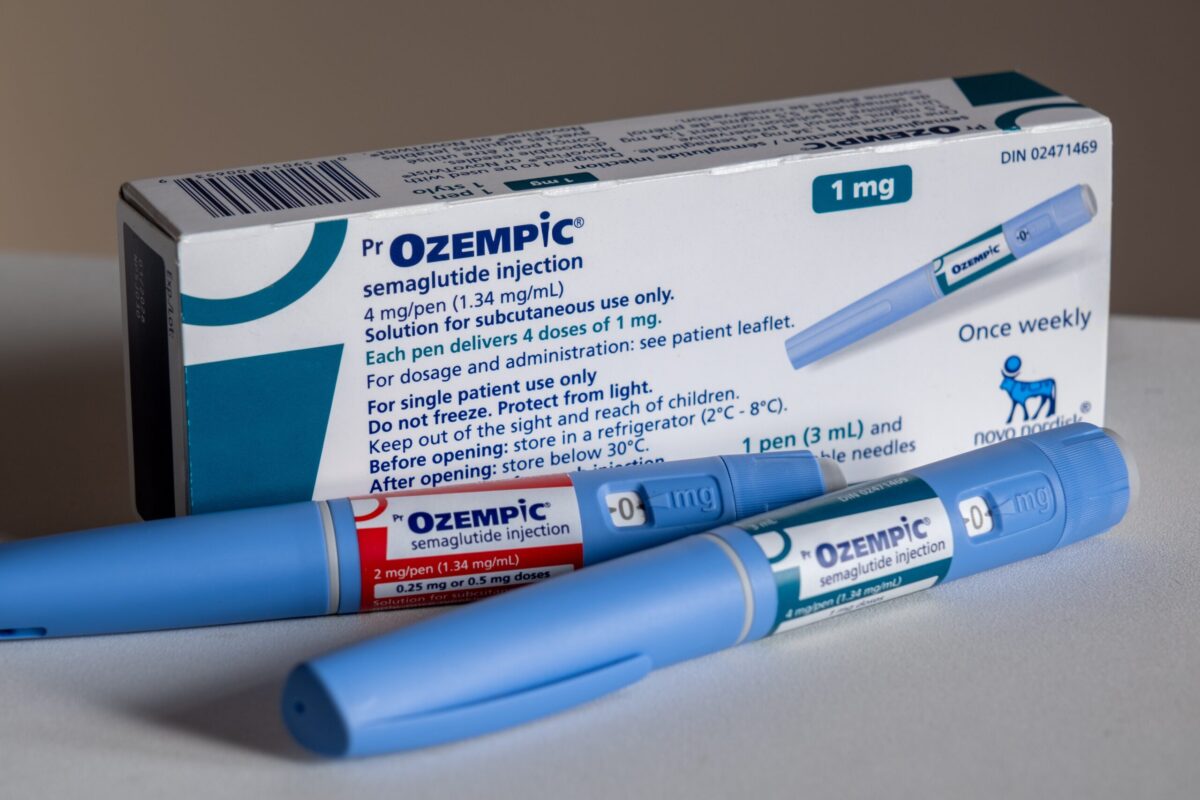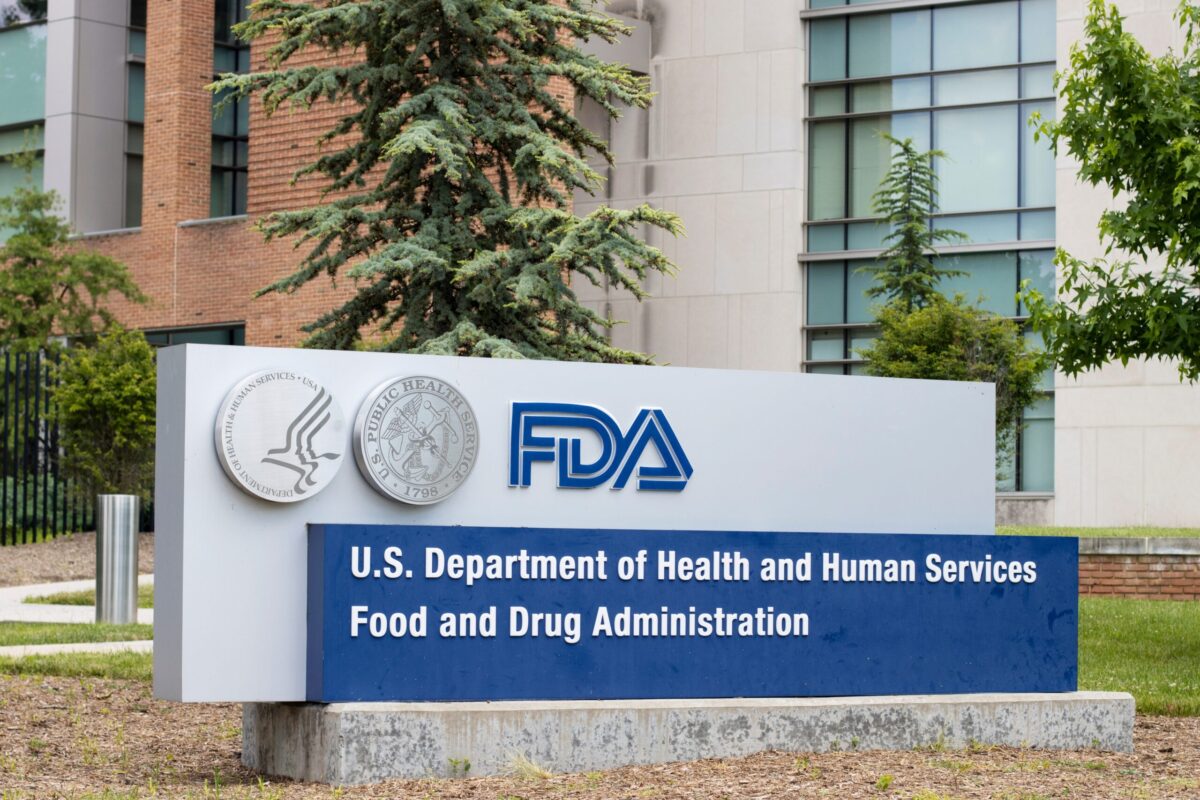In a pivotal approval, the US Food and Drug Administration (FDA) has given the nod to a new gene therapy called Hemgenix (etranacogene dezaparvovecfor) for the treatment of adults with the genetic blood disorder hemophilia B (congenital Factor IX deficiency). With a list price of $3.5 million, CSL Behring’s single-dose therapy has become the most expensive drug in the world.
Prior to Hemgenix, bluebird bio’s recently approved gene therapy Skysona for the rare neurological disorder cerebral adrenoleukodystrophy (CALD) held the record for the highest-costing drug in the world at $3 million and before that, it was Novartis’ one-dose gene therapy Zolgensma which is priced at about $2 million.
Hemgenix is approved for patients who currently use factor IX prophylaxis therapy or have serious hemorrhage or spontaneous bleeding episodes. The adeno-associated virus vector-based gene therapy delivers a functional copy of Factor IX, a protein involved in blood clotting that is missing or not made in enough amounts in patients who have the disease due to mutations in the gene that codes for it. Hemophilia B primarily affects men.
The prevalence of Hemophilia B in the population is around one in 40,000 and 15 percent of patients with hemophilia have the B type. Many women carriers of the disease have no symptoms while 10 to 25 percent have mild symptoms and in rare cases, women may have moderate or severe symptoms.
Related: Roctavian, the First Hemophilia A Gene Therapy, Attains EC Approval
The Hemgenix approval was granted to CSL Behring, a rare disease biotech company based in Pennsylvania, which developed Hemgenix jointly with gene therapy biotech uniQure.
CSL Behring is set to market the drug after having secured global commercialization rights from uniQure for $450 million in 2020. As part of the deal, uniQure can also receive up to $1.5 billion in milestone payments and royalties as per the drug’s success. UniQure will manufacture Hemgenix at its Lexington, Massachusetts site.
Conventional treatment for hemophilia B involves prophylactic infusions of factor IX replacement therapy. That can now be replaced with one injection of Hemgenix, which will enable patients to produce it continuously on their own in the liver.
The FDA approval was based on results of two studies with adult men, including the HOPE-B trial, which had 54 participants, the greatest number of patients in a gene therapy trial. Patients who received the Hemgenix infusion experienced a 54 percent drop in mean annual bleeding rate (ABR) compared to baseline, increases in Factor IX activity levels and a decreased need for routine Factor IX replacement prophylaxis in a six-month lead-in period. Impressively, 94 percent of patients stopped continuous prophylaxis therapy after treatment with Hemgenix.
“Gene therapy for hemophilia has been on the horizon for more than two decades,” said Peter Marks, director of the FDA’s Center for Biologics Evaluation and Research (CBER). He said the approval “represents important progress in the development of innovative therapies for those experiencing a high burden of disease associated with this form of hemophilia.”
While the price tag of Hemgenix is quite steep, CSL Behring told Fierce Pharma that the cost of treating patients with moderate to severe hemophilia to healthcare systems is more than $20 million over their lifetimes. The company also said the price does not reflect anticipated discounts that it will offer for the therapy, including value-based agreements with commercial payers.












Join or login to leave a comment
JOIN LOGIN